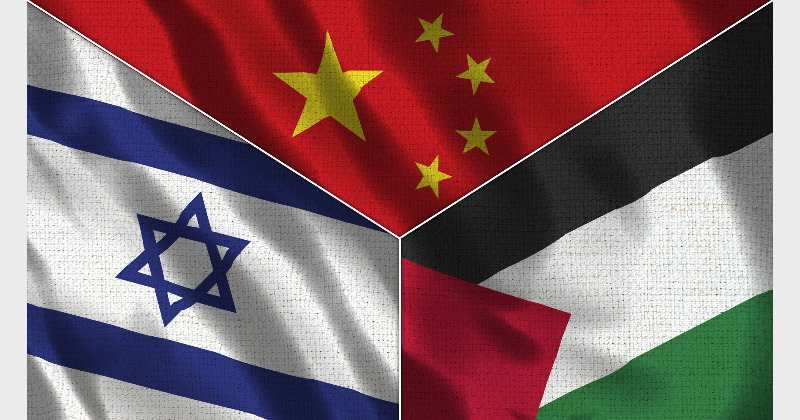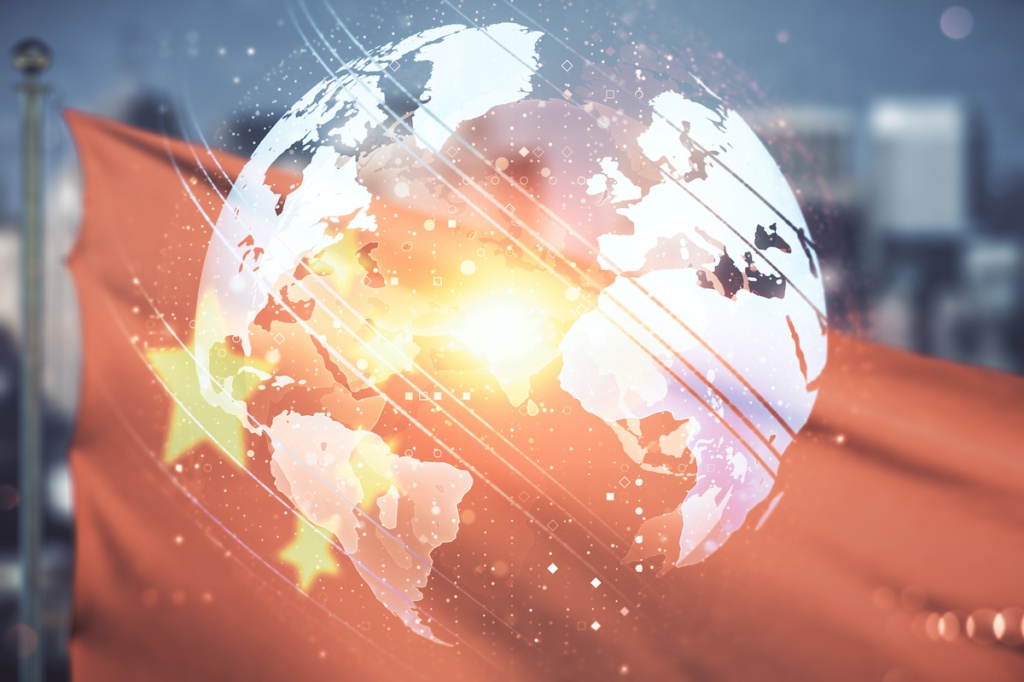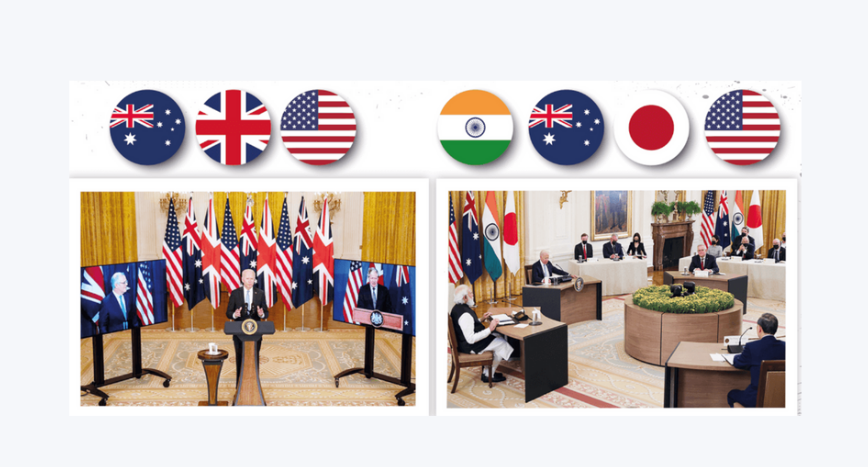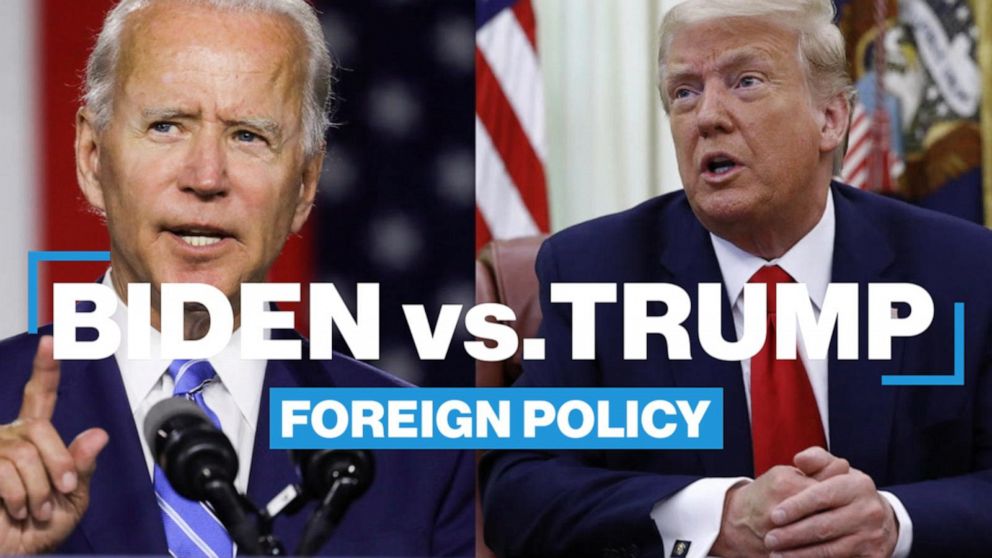Listen to the article
China continues to see Israel’s attack on Gaza and the negative sentiment that has swept through the Middle East and the Global South as to Western countries’ position on the Palestinian issue as a wedge tool to enhance China’s soft power and diplomatic power within the Global South.
Specifically, China wants to help highlight that the Western-led order or US-led order is hypocritical and continues to not address the issues faced by developing countries and regions, such as the issue of an independent Palestinian state and/or two-state solution.
China’s geopolitical leverage continues to be its strong support for the Global South, its shared identity as a developing country, and its longstanding position that China represents the alternative to a US-led order, which is inherently unequal and doesn’t represent the interests of developing countries.
This position is hypocritical. China has benefited from the post-World War II order. Its economic growth, prosperity, and increased diplomatic force and influence are a direct response and result of the rules-based order that was established in the post-World War II period.
Moreover, it has been the rules-based order that has allowed China to continue to trade with a plethora of different countries and maintain a stable external environment.
What is curious about China’s lack of criticism about Hamas and Chinese weapons in the hands of Hamas is that to date, China has acted as and been a friend of Israel, looking for technological cooperation, investment and even to replicate the innovative hubs that Israel has become known for.
China’s position criticizing Israel and its defensive operations on Gaza has demonstrated that China has made a calculation that supporting the Palestinian issues will endear itself to Middle Eastern countries and the Global South.
By endearing itself to Middle Eastern countries, China hopes to secure support from international institutions for issues that China deems important, such as quashing the Human Rights Report on Uighur repression in Xinjiang.
Equally important is to ensure that China has friendly relations with Middle Eastern states that are the prime exporters of critical energy that China requires to keep its economy going.
Israel is in a difficult position vis-a-vis China’s position on Gaza. It does not want to alienate China for fear that China will form strong relations with Israel’s adversaries and within the Middle East.
At the same time, it wants to communicate to China that its lack of criticism of Hamas’ brutal attack and understanding of Israel’s response to the terrorism that was unleashed on Israel on October 7 is problematic and critical to Israel’s future.
Moving forward, China will attempt to use the Palestinian issue as a wedge tool to foster divisions between the Global South, the Middle East and Western countries, in particular the United States.
In this sense, it’s exploiting the Palestinian suffering by amplifying inaccurate or fake news and narratives that Israel is engaging in illegal behavior in its defense.
The challenge for the United States and Western countries is how to counter this narrative that China is supporting the Global South to create a more equal democratic international system that represents the interests of developing countries while at the same time demonstrating that China’s actions are hypocritical and geopolitically more motivated.
The US and its allies are going to have to confront the reality that China has a headstart in the Global South while at the same time it needs to ensure that it understands that the Global South is not a homogeneous geopolitical unit. Rather, it is heterogeneous with countries that support the West and the US and aspire for a rules-based, transparent form of governance and stability.
By appealing to developing countries’ needs and developing strategies and policies to help with developing countries’ challenges, the United States and like-minded countries may be able to decrease China’s ability to use wedge issues, such as the Palestinian situation, to foster division in international institutions and animosity toward the United States and Western countries.
In the end, sustained, meaningful and consistent diplomacy by the United States and Western countries to support a rules-based order should continue to be pursued while addressing the developmental challenges of countries in the Global South through dialogue, cooperation and consultation.
This article was first published on January 25, 2024, at the Manila Times https://www.manilatimes.net/2024/01/25/opinion/world/chinas-role-in-israel-and-palestine/1929527




Leave a comment